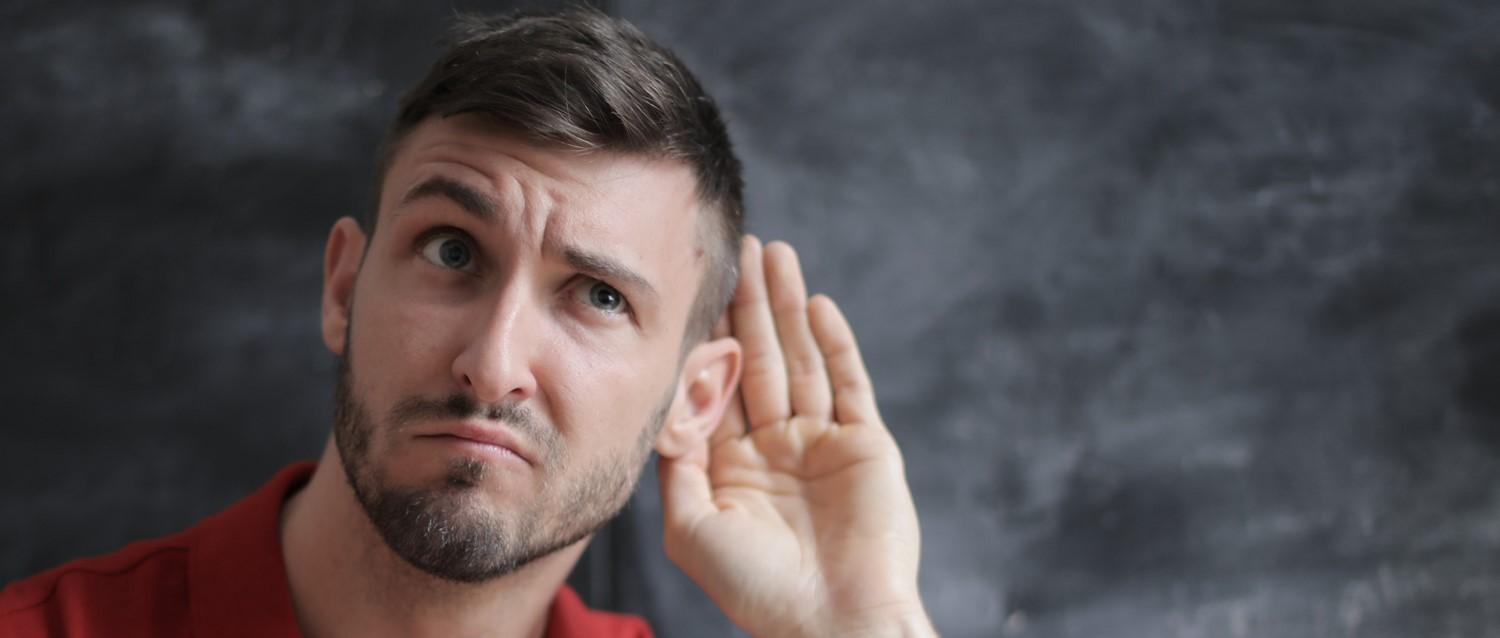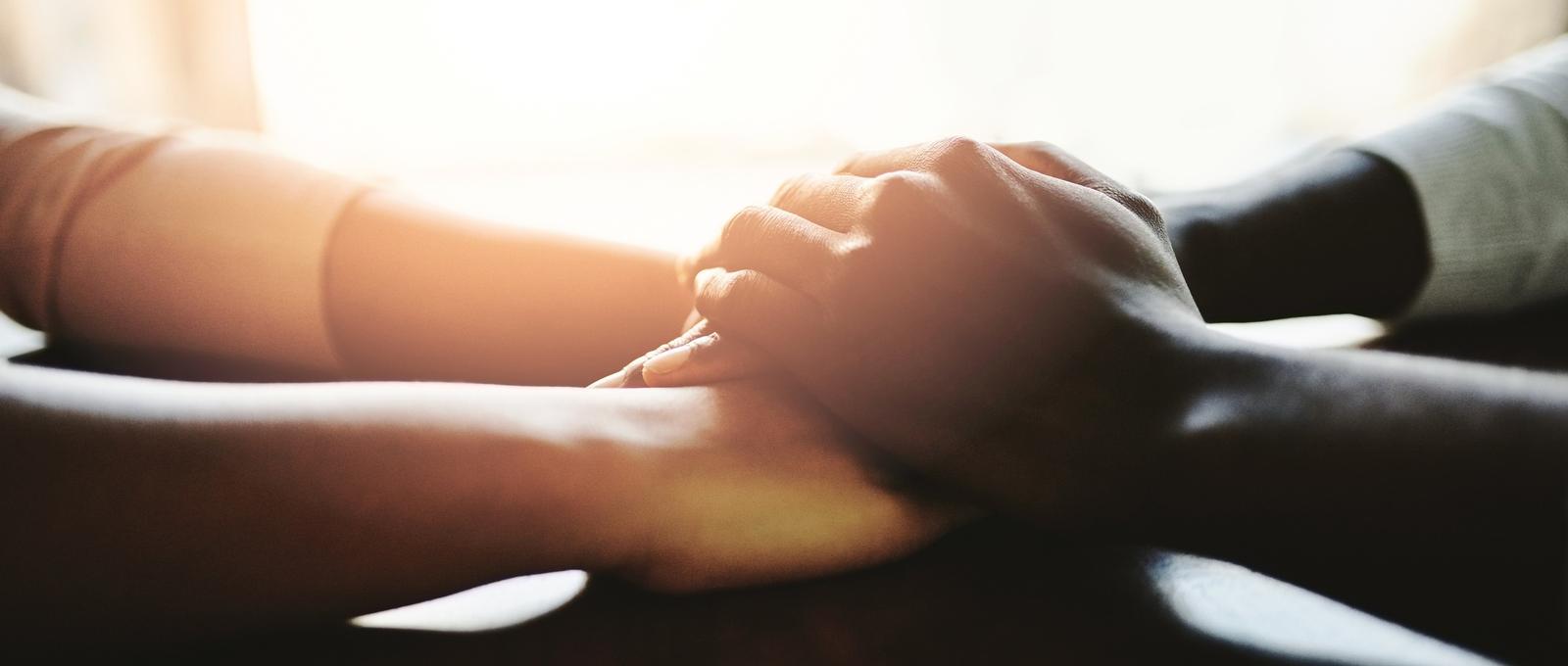
Is British Sign Language a legally recognised language?
Peer reviewed by Dr Sarah Jarvis MBE, FRCGPLast updated by Emily Jane BashforthLast updated 4 Mar 2022
Meets Patient’s editorial guidelines
- DownloadDownload
- Share
- Language
- Discussion
Thousands of people in Britain use British Sign Language (BSL) as their primary method of communication. However, their language is not currently recognised by law. This can make accessing public services, especially healthcare, and daily life extremely challenging.
In this article:
As of April 27 2022, the British Sign Language Bill passed its final reading in the House Of Lords and BSL is set to be legally recognised as its own language.
Continue reading below
What is British Sign Language (BSL)?
British Sign defines British Sign Language (BSL) as "a visual means of communicating using gestures, facial expression, and body language". Sign Language is used mainly by people who are Deaf or have hearing impairments.
To note, Hearing charities in the UK use Deaf with a capital D to refer to people who have been deaf all their lives, or since before they started to learn to talk. The term deaf, without a capital D, refers to all other people with hearing impairment.
Within Britain, the most common form of Sign Language is British Sign Language (BSL) and it has its own grammatical structure and syntax. British Sign Language is the first language of 87,000 Deaf people in the UK.
Is British Sign Language officially recognised as a language?
In 2003 the UK government recognised British Sign Language as a minority language, with Irish Sign Language (ISL) recognised in Northern Ireland in 2004. However, BSL does not have the same legal protections as other languages such as Welsh or Scottish Gaelic.
The British Deaf Association says the Equality Act 2010 does not cover linguistic rights, meaning the Deaf community and campaigners are "forced to rely on inadequate disability discrimination legislation to access information in BSL".
The government has been accused of breaking the Equality Act 2010 during the pandemic. A judge ruled on the grounds of discrimination after an in-person interpreter was not provided for COVID-19 press conferences and scientific briefings from March 2020.
Annie Harris, advocacy officer at Royal National Institute for Deaf People (RNID), who is deaf herself, disputes the assumption that the Equality Act meets the needs of Deaf BSL users across society.
She says Deaf people still face many barriers in employment, education and accessing healthcare.
Continue reading below
What is being done to recognise BSL as a language?
British Sign Language is on course to become a recognised language after the government backed a proposal from MP Rosie Cooper. Cooper is a CODA (Child of Deaf Adults) and a native BSL user. She was selected by ballot in 2021 to present a Private Member’s Bill and agreed to take forward a BSL Bill. She has witnessed the barriers the Deaf community faces - she wants to improve accessibility and see BSL included in public service announcements.
Harris says it has taken time to make the case for this piece of legislation, which will work in conjunction with the Equality Act.
The Bill is now moving closer to achieving Royal Assent as it passes through parliament.
Why is the BSL Bill important?
"Achieving legal recognition for BSL is important to show the Deaf community that their language and culture are valued and respected, and to increase access for Deaf people," says Harris, who is thrilled with the progress being made.
"If passed, a BSL Act would increase both the official status and public awareness of BSL. The Bill requires government departments to provide guidance on how they will meet the needs of BSL users within their services. We hope this would increase the standard of service people receive."
Continue reading below
What difficulties do Deaf people face in medical settings?
Research suggests that deaf adults use primary care more frequently than the general population. However, the study found that 44% of Deaf people found their previous contact with their GP or health centre to be difficult or very difficult without the use of British Sign Language.
When in consultation with their GP, the vast majority of Deaf participants preferred the use of signing with their doctor. However, 53% had to rely on lip-reading for medical consultations instead of dialogue in BSL via an interpreter. 15% had to make notes.
Another RNID report found 28% of people with hearing loss had left their GP unclear about a diagnosis, and 19% had been unclear about their medication. 14% even missed an appointment due to not hearing their name being called in the waiting room.
From a GP's perspective ...
Dr Amir Hannan MBE works at Haughton Thornley Medical Centre. He adds that, while Deaf people face struggles when accessing healthcare in general, not just GP practices, it's difficult to establish a full picture. He says this is because many Deaf people will avoid going to see a doctor completely and exclude themselves due to a lack of accessibility.
"This really saddens me. I know of one man who met a Deaf person with a broken finger. When he asked why he hadn't seen a doctor about it, he explained that the pain of visiting a doctor would be worse than that of his finger."
He adds that he only realised how difficult the situation was for the Deaf community once it was brought to his attention, since his number of deaf patients is low, possibly due to their fear and worry. Dr Hannan adds that these situations should present us with opportunities to make things better.
"We need to do a lot more for the Deaf community, especially as remote consultations become the norm and deaf patients are expected to use phone calls as a means of communicating with their GPs. We should be encouraging them to send in pictures and be making the process easier. If people are then referred to hospitals or other services, they'll encounter obstacles there too," says Dr Hannan.
It's important all healthcare settings are equipped with the resources and support to ensure a positive experience for all patients within the Deaf community.
What are the benefits of recognising BSL as a language?
Harris says recognising British Sign Language as an official language would improve accessibility in a multitude of ways, especially in public services.
This would include the launch of an advisory board of British Sign Language users to offer guidance to the Department for Work and Pensions (DWP) on how and when to use it and look at increasing the number of BSL interpreters.
The British Deaf Association would encourage government departments and public bodies to follow the guidance, giving Deaf people "equal access to education, employment, and public services, such as the NHS".
The impact of the pandemic on BSL
Improving accessibility in healthcare settings means providing Deaf people with remote access to Video Relay Services, as well as interpreters in GP surgeries. This is something Deaf people did not have during lockdowns.
Harris says this would allow BSL users to speak to health professionals from home through a video call with a registered interpreter. Failing to make the provision left many BSL users without access to their GP when remote appointments became the default.
"BSL users were left to rely on inconsistent local arrangements or going through temporary charitable services. Our hope is that the guidance required by Clause 3 of the BSL Bill will deliver the obligation NHS England and CCGs need to provide such a service, as well as the support and information on how to make this work for Deaf people."
Holly Hartley works at Seashell Trust, a charity supporting young people with additional communication needs. She further explains how the pandemic has made life difficult for Deaf people, particularly when it comes to mask-wearing.
"The pandemic was, and still is, especially hard for the Deaf community, as everyone has been wearing masks. Many Deaf people lip-read, so verbal communication became even more difficult. At our school, we ensure the nursing team uses medical-grade, clear masks to overcome the communication barriers that masks present, meanwhile still keeping everyone safe and COVID-19 compliant."
An increased interest in learning Sign Language
RNID says they are thankful to actress Rose Ayling-Ellis, who has played a big part in raising awareness of the barriers the Deaf community faces over the last few months.
Following her appearance on BBC's Strictly Come Dancing, the British Sign Languages Courses website saw a 2,844% increase in sign-ups for their free trial training programmes. They were averaging around 20 to 30 enrolments a day in August but, come November 2021, they received 400.
Google Trends also suggests an increased number of people are interested in learning Sign Language.
Since November 2020, the search for the terms "learn sign language" and "sign language course" increased by 300% and 222% respectively.
What issues might arise when enforcing BSL with legal status?
Improving accessibility, very often brings associated costs. Therefore, interpreters must be funded.
Approximate costs for face-to-face British Sign Language interpretation are £40-60 per hour with a three-hour minimum call-out fee, plus travel expenses.
In addition, if BSL users have difficulties reading English, their GP consultations may need to be re-presented in BSL, either interpreted face-to-face or offered as a BSL video recording. The cost of producing a document of 600 words as a BSL video file (with a DVD copy and including subtitles) is approximately £300.
However, figures suggest the financial impact of inaccessibility on our health service could be even greater. For example, if Deaf people do not understand a diagnosis or treatment plan, it can lead to further health complications, more appointments and more resources.
Patient picks for Hearing problems

Ear, nose and throat
Can earwax build-up cause hearing loss?
Earwax build-up is a leading cause of hearing loss. However, it is also a highly reversible condition. How can earwax build-up cause hearing loss, and what are the potential consequences?
by Amberley Davis

Ear, nose and throat
Can deaf people have therapy?
The NHS has spent the best part of 15 years promoting 'talking therapies' as part of its Improving Access to Psychological Therapies (IAPT) programme. But the Deaf community - statistically at high risk from social isolation - has been almost entirely locked out.
by Ellie Broughton
Continue reading below
Article history
The information on this page is peer reviewed by qualified clinicians.
4 Mar 2022 | Latest version

Ask, share, connect.
Browse discussions, ask questions, and share experiences across hundreds of health topics.

Feeling unwell?
Assess your symptoms online for free
Sign up to the Patient newsletter
Your weekly dose of clear, trustworthy health advice - written to help you feel informed, confident and in control.
By subscribing you accept our Privacy Policy. You can unsubscribe at any time. We never sell your data.